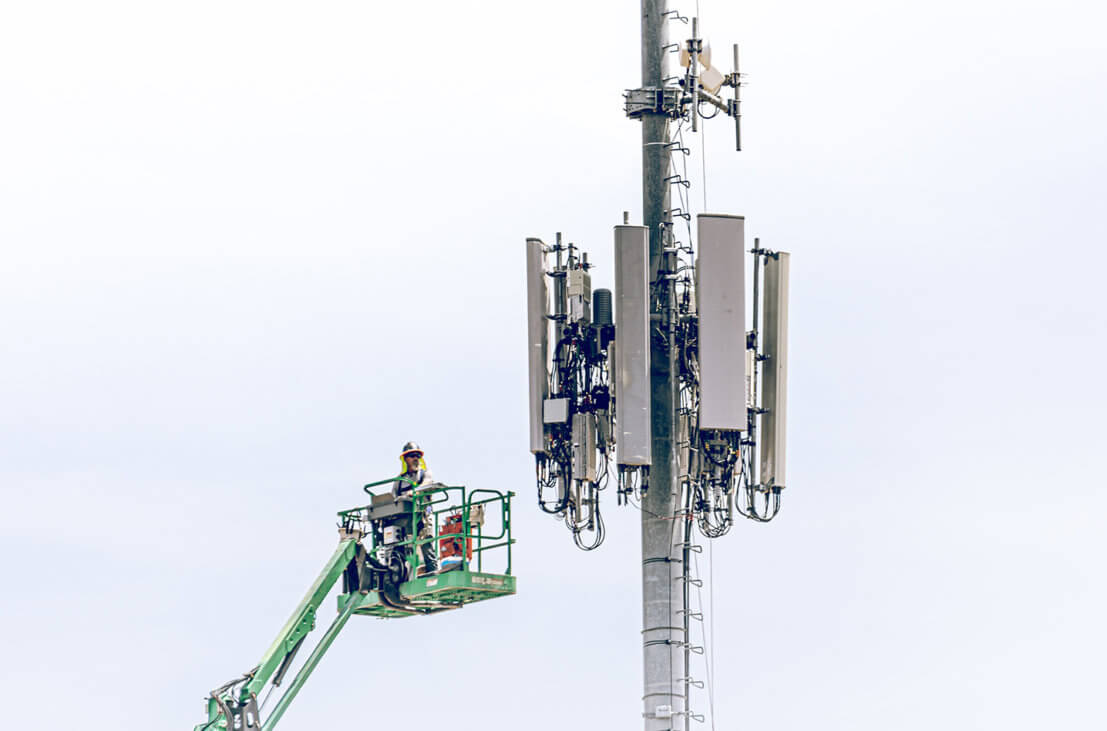
Nov. 15, 2022
A coalition of aviation stakeholders, including NBAA, other associations and manufacturers, urged the FAA, Department of Transportation and Department of Commerce to implement a solution that allows 5G implementation to move forward while avoiding flight cancellations and ensuring safety.
The letter comes more than a year after aviation stakeholders met with the National Economic Council to share concerns regarding safety risks introduced by C-Band 5G implementation, and after years of meetings with and letters to the Federal Communications Commissions (FCC), National Telecommunications and Information Agency (NTIA) and FAA.
Now, with only seven months before the next retrofit deadline, the coalition fears government agencies are at a stalemate.
“Last-minute intervention of the Secretary of Transportation prevented the grounding of a significant portion of the U.S. commercial aviation fleet. However, after a year of discussions and despite accommodations made by all parties, we are now seven months away from the next deadline, with significant risks still unresolved,” the coalition said.
Read the coalition’s full letter. (PDF)
The coalition said its concerns are evident in safety data: Since January 2022, the FAA had documented more than 100 incidents of potential 5G interference, the majority of which were found to have a direct radar altimeter impact resulting in safety alerts by systems such as the Terrain Avoidance Warning System.
The FAA sent a petition to the NTIA and FCC requesting codification of reasonable mitigations. The coalition’s letter requests that the petition be made public by Nov. 18, 2022.
“Essentially, NBAA and the other coalition members are urging the FAA, FCC and other agencies to get out in front of this issue so we aren’t acting at the 11th hour again,” said Heidi Williams, NBAA’s senior director, air traffic services and infrastructure.
Williams explained that to date, business aviation hasn’t felt a significant impact because this segment of the industry doesn’t usually conduct CAT 1 or CAT 2 approaches, but that impact could change as the number of 5G providers expands from two – AT&T and Verizon, both of which have been collaborative in mitigating safety concerns – to 19 providers.
“When you start talking about 19 providers coming online and power wattage mitigations expiring, business aviation is going to feel the impact at some point,” said Williams. “We need the relevant government agencies to work together to find reasonable solutions, codify mitigations for all airports and extend the current July 2023 retrofit deadlines.”


 International Business Aviation Council Ltd.
International Business Aviation Council Ltd.